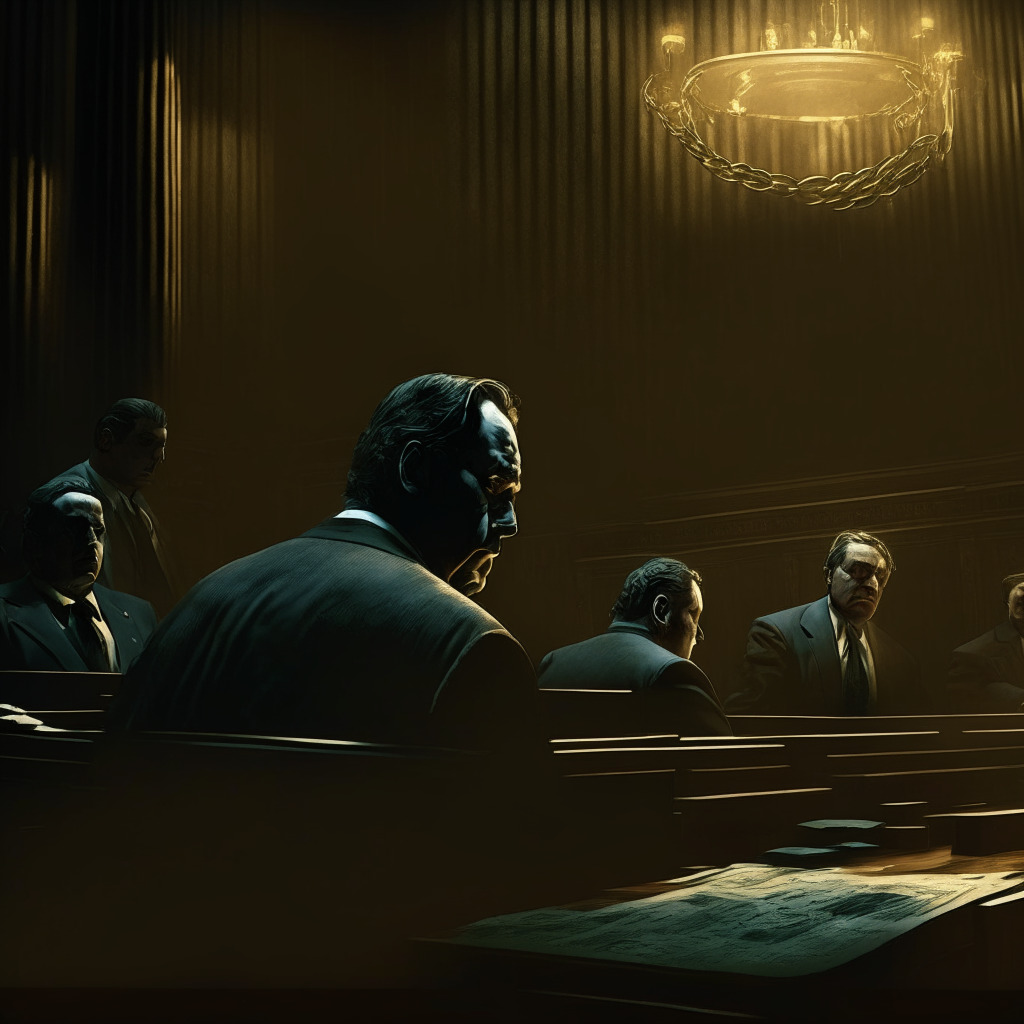The future of cryptocurrency regulation has been a significant topic of discussion following recent events in Montenegro involving Terraform Labs co-founder Do Kwon. The crypto buffs have been keen to keep up with the unfolding of Kwon’s detainment, as it has the potential to set a significant precedent in the world of crypto regulations.
Kwon’s journey has recently taken a twist as his bail request was revoked by Montenegro’s high court, leaving him to remain in detention until his next hearing on June 16. Notably, the revocation of bail occurred after Kwon’s lawyers had proposed the euro equivalent of $428,000 for his release. The high court’s decision has left many in the crypto community polarized.
On one hand, the situation highlights the need for cryptocurrency businesses and individuals to be diligent about complying with local laws and regulations. Kwon’s detainment reinforces the perception that regulatory bodies around the world are placing increased scrutiny on the actions of cryptocurrency organizations and their executives. For many, this level of scrutiny is seen as a positive development, leading to a more transparent and safer industry for all involved.
However, there is a counter argument to this perspective. Critics assert that the high court’s decision could be an overreach of regulatory authority, setting a dangerous precedent for future cases involving cryptocurrency executives. The fact that the high court overturned the initial approval of Kwon’s bail, despite the substantial amount offered, has raised concerns that geopolitics may be at play given the U.S. and South Korea’s interest in extraditing him for criminal charges.
This case illustrates the ongoing debate around the proper balance between effective regulation and maintaining the spirit of innovation that has driven the cryptocurrency market. It is vital to strike a balance between these two aspects to ensure long-term success for the industry.
As the Do Kwon saga unfolds further, the crypto community and experts will follow with a keen eye, speculating the potential implications for blockchain and the regulatory landscape. Already, Kwon’s situation has underscored the careful consideration that must be given to conflicts that can arise between local jurisdictional laws and the inherently global nature of cryptocurrency.
Following the court’s next decision, the cryptocurrency community will be eager to see whether this case will ultimately serve as a cautionary tale for crypto businesses or set a precedent that could potentially hinder innovation.
As Kwon and former Terra executive Han Chang-joon await their next hearing, the crypto community remains divided on the finer issues of regulatory practices, control, and the influence of geopolitics on the ever-evolving cryptocurrency space. Time will reveal whether this case will pave the way towards a future defined by thoughtful regulation or set a limiting precedent that could stifle growth and innovation within the industry.
Source: Coindesk




